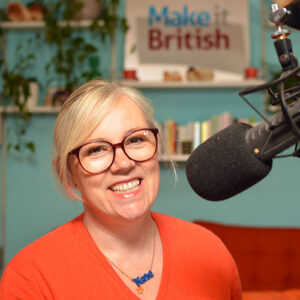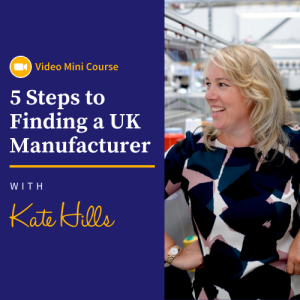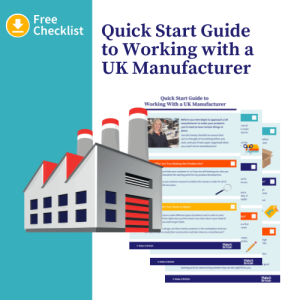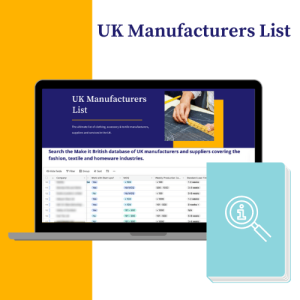The Secrets to a Successful British-Made Brand
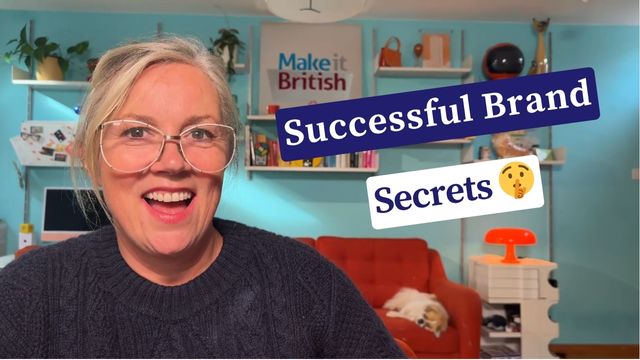
What working with 150+ founders over the last four years has taught me about what it really takes to succeed when growing a product business.
After coaching hundreds of founders inside my British Brand Accelerator programme, I’ve noticed that there are certain traits and patterns that are consistent with those that are the most successful…and it may not be what you think.
Because you can have the best ideas in the world, but if you don’t do these things, you’ll struggle to gain traction and build the business you dream of.
So here’s what the most successful British-made brand owners have in common.
They develop ideas based on research
The most successful founders don’t sit in isolation sketching ideas they think people want. They do their market research and talk to their potential customers early. They test demand before investing heavily in sampling or stock so that they can gauge the likelihood of selling it.
That might mean running a waitlist, producing a very small initial run, or even just asking for honest feedback on fit and price. I had one client who had a waitlist of 1500 people for her initial product, simply by testing demand with her TikTok audience. That gave her the confidence to order her first 100 pieces knowing that the likelihood of selling them was high.
They balance creativity with commercial thinking
Ideas are easy. What’s harder is turning an idea into a viable product that’s financially profitable. The founders who make it are the ones who balance their creative ideas with the reality of the numbers.
They know their conversion rates, their margins, and have a projection for their cashflow. And they make decisions based on numbers, not guesswork.
If a fabric price or bulk production cost doesn’t make commercial sense, they pivot rather than push on with an order that will financially ruin them.
This is why, when I work with clients, we always look at the numbers before they start the sampling process. That way they know what they can afford, and what they can’t. That might mean letting go of the idea of using the ‘perfect’ fabric if the customer simply won’t pay the price it demands.
They test and repeat
Nearly every founder arrives thinking they need a full collection to look credible. They don’t.
The brands that succeed focus on perfecting one hero product before expanding. By doing that, they learn what the customer wants, what sells and what needs improving. Then they act on what they learnt and make the next product even better.
I’ve seen this ‘do one thing well’ approach work time and time again. The founder who launches with one great product gains traction faster than the one juggling ten different products spread too thin.
They launch before they feel ready
Perfectionism kills more start-ups than bad design ever will.
The successful founders are the ones who eventually stop tinkering and launch a minimum viable product to test the market. They accept that feedback from real buyers will teach them more than endless resampling ever could.
One client delayed her launch for months, procrastinating over fabric choices and fit, to the point where she was so fatigued by the process she felt like giving up. Yet had she just bitten the bullet and launched, she would have learnt what needed improving much sooner.
Launching your product idea that you have dreamed about for so long can feel really scary. Fear of failure can mean many founders get stuck in pre-launch mode and never fulfil their dreams, wxhich is a real shame when they have a great idea that the world needs. It’s those that push through that fear and just go for it, even if that means the initial launch is not perfect, that do the best. Because they learn from that process and can make the next launch even better
They view their manufacturers as partners, not just suppliers
Working with UK manufacturers isn’t just a transaction, it’s a partnership.
The brand founders who thrive are the ones who communicate clearly, build trust and stay loyal when things go a little pear-shaped (which they often do with product development). They work with their factories to iron out issues rather than hopping from one factory to another thinking the grass is always greener elsewhere.
If you are loyal to your manufacturer, the repayment can be huge. I’ve seen founders who stuck with a UK manufacturer through early teething problems go on to develop solid, long-term partnerships that involve turnaround times of under a week!
They persist even when things get hard
Product development can be a bit of a rollercoaster. Delays, fabric shortages, sampling issues and production delays can happen to anyone. The difference is how you respond to these ups and downs.
The brands that last don’t freak out or rant at their suppliers. They stay calm, problem solve, and keep communication flowing. They understand that production challenges are part of the process, not a sign to give up.
They show up consistently
Growth comes from showing up as the founder of a successful brand, even when you don’t feel like it.
The brand owners who grow are the ones who keep turning up to mentoring calls, posting behind-the-scenes updates, and staying visible with their customers. They don’t vanish for three months or hide away hoping success will somehow find them..
The phrase ‘people buy from people’ is never more true than as it relates to brands. In a time when anyone can start a business and try and sell products online, it is those brands that can show a human side – particularly the face of the founder – that are scaling fastest.
They focus on sales before anything else
This is the biggest difference between a brand that grows and one that withers away and dies.
The successful founders prioritise selling over everything else. They understand that sales validate the product, fund the next production run and grow their customer base.
As a creative it is very easy to default to your happy place and just keep creating, but the hard truth is – this doesn’t pay the bills. Sales do. If you’re not prioritising sales-focused activities your cash flow will dry up and then you’ll be in the pit of doom.
They treat their brand as a business, not a hobby
Even if they’re running it part-time, the founders who succeed treat it professionally.
They plan production, manage cashflow, and set goals. They review what worked and what didn’t. They treat each launch like a learning round, not a personal test.
That mindset of taking the brand seriously from day one is what separates them from the rest.
Every single one of these lessons comes from watching real founders turn ideas into tangible, British-made products.
You can see some of the incredible brands I’ve had the pleasure of working with inside the British Brand Accelerator here.
